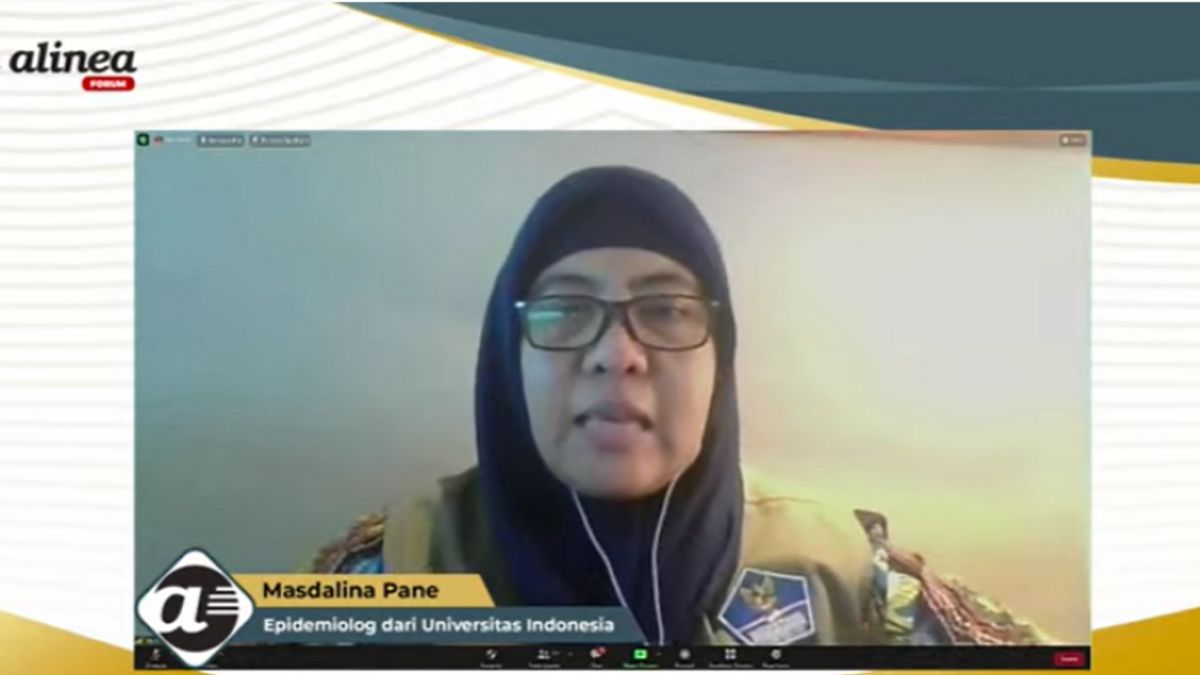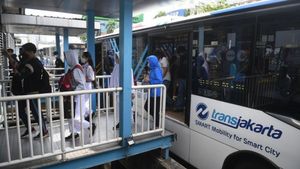JAKARTA - Epidemiologist from the University of Indonesia (UI) Masdalina Pane said efforts to control COVID-19 must be right on target and easy for the public to understand and implement. education and our social life," Masdalina said in a virtual discussion on "Stemming Omicron Transmission" in Jakarta, reported by Antara, Friday, December 24. Masdalina said that controlling the COVID-19 outbreak must be simple and easy for the public to understand, and policies made by the government must be have high enough leverage for control, not just draining too much power. Policies for controlling COVID-19 must also be effective and efficient, not those that are very large, difficult to implement and then have a not-so-good impact on the community. Masdalina assesses that there are several interventions that can be implemented it's too much to do n by the government which is not epidemiologically significant in controlling COVID-19.
For example, since the beginning of the pandemic, many experts have provided input to the government to analyze mobility so that mobility restrictions have become a government policy even though the increase in the number of cases is not directly caused by increased mobility. Then, Masdalina said that mobility in the last three months was the same as before. COVID-19 pandemic, but COVID-19 cases did not increase significantly. Actually, to control COVID-19 cases, the COVID-19 Task Force has carried out a massive contact tracing program in 11 provinces, 62 districts/cities involving more than 2,500 contact tracers. since November 2021. This effort is considered to be quite significant in reducing cases slowly, although it can't be drastically reduced in cases. big," said Ma sdalina. For this reason, interventions to control COVID-19 must be easy and simple, which means when COVID-19 cases increase exponentially, i.e., increase two or more times from the previous time period, then there are interventions such as tightening the use of two-layer masks. exponentially more than four times compared to the previous period, then only one action is taken, namely all staying at home for about one longest incubation period or 14 days. If within 14 days there is still no decrease in COVID-19 cases, then add In addition, Masdalina said the use of the test on domestic travelers was considered excessive because the test was actually carried out only on suspects, probable and close contacts. cases in January, February, June, and July? No," he said.
The English, Chinese, Japanese, Arabic, and French versions are automatically generated by the AI. So there may still be inaccuracies in translating, please always see Indonesian as our main language. (system supported by DigitalSiber.id)













